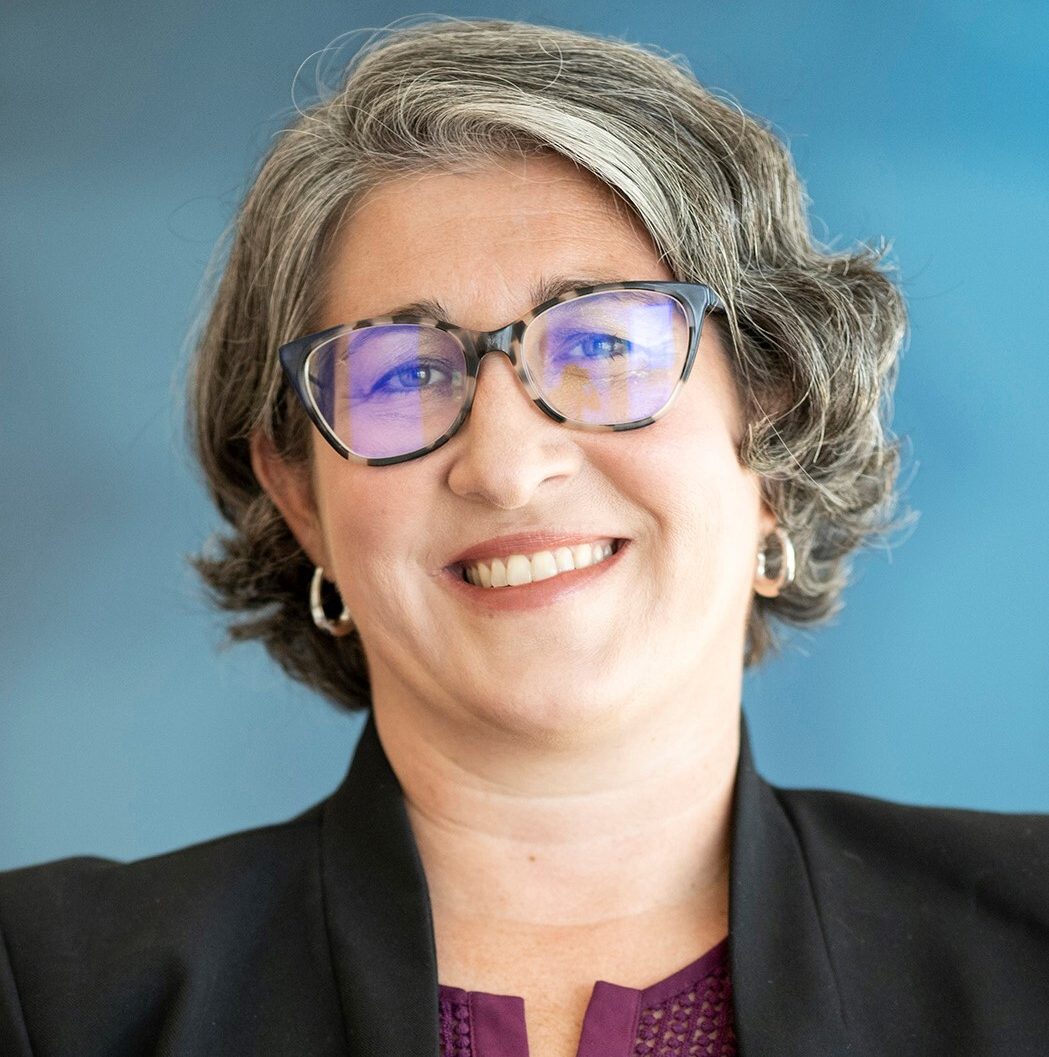A: We are still learning about how many people who get COVID-19 fall into this category.
A new article by Ed Yong (linked below) provides a comprehensive overview of the experiences of people who have suffered long-term symptoms and sequelae from this infection and highlights some of the key knowns and unknowns.
A few take-aways:
-We don’t yet know the exact number of people who have gotten COVID-19 and become “long-haulers” but as noted in the article it is likely that there are hundreds of thousands of individuals affected. Highlighted is a recent CDC study of 270 non-hospitalized patients found that 1/3 had not returned to their usual state of health after two weeks (whereas 90% of people who get the flu recover in this same time frame). Studies of hospitalized patients in Italy and Britain have found that more than ¾ of individuals still had symptoms after 2 months.
-COVID-19 “long-haulers” have done an amazing job organizing and drawing attention to their experiences, providing support to each other and even studying this phenomena (particularly considering they have done so while experiencing prolonged symptoms). See our previous Nerdy Guest post by Dr. Michelle L. Frisco, PhD, noting these efforts. More info can also be found here.
-There is growing recognition among the scientific community of the need to study and better understand why some individuals end up experiencing long-term COVID-19 symptoms and adverse health effects More info here.
-The article highlights one program that has been started at Mount Sinai hospital in New York City which is dedicated to caring for “long-haulers” and will hopefully shed more light on how best to treat and improve the health of these individuals. Links to information on other emerging efforts to study “long- haulers” can be found here and here.
We Nerdy Girls feel for all those who may be suffering as a COVID-19 “long-hauler” and will continue to provide updated information as it becomes available.


